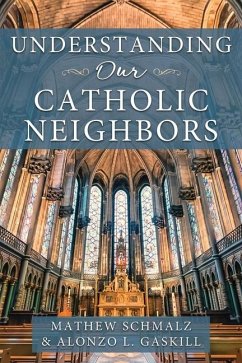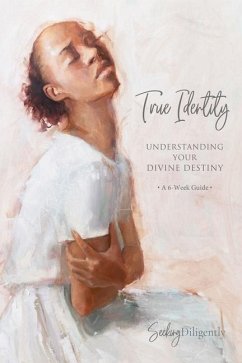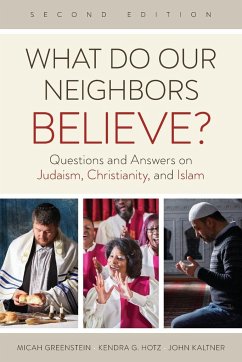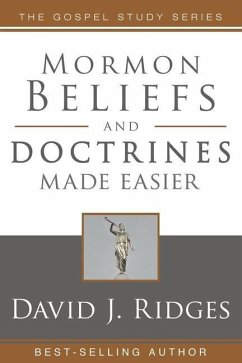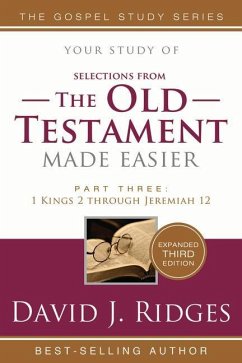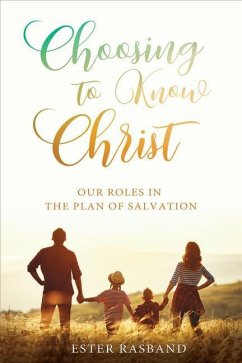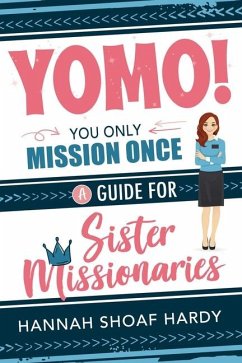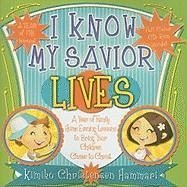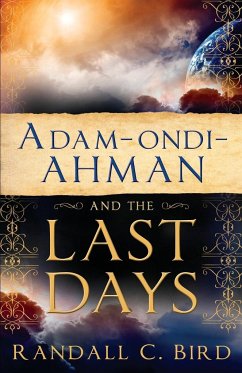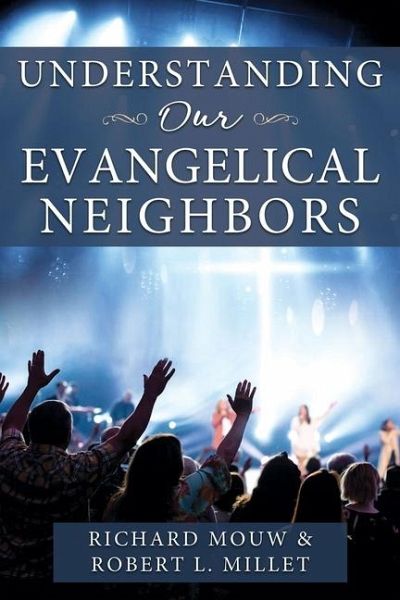
Michael Stanley
Broschiertes Buch
Understanding Our Evangelical Neighbors
Versandkostenfrei!
Versandfertig in über 4 Wochen

PAYBACK Punkte
6 °P sammeln!




Understanding Our Evangelical Neighbors
" Richard J. Mouw (RJM) My father was an evangelical pastor who, while I was growing up, served congregations in New Jersey and New York. My daily life in my youth was significantly shaped by evangelical Christianity, and that continued in my undergraduate studies at an evangelical college, followed by my graduate studies in a theological seminary. My parents fully expected that I would follow my father's career path, and become a pastor in a local congregation. I had assumed that also, until I discovered during my undergraduate years that I loved the world of ideas, and I decided--much to the consternation of my parents--to aim at an academic vocation. I pursued this goal by earning graduate degrees in Philosophy: the Master of Arts from the University of Alberta, in western Canada, and the PhD from the University of Chicago. My first full time teaching position was in the Philosophy Department at Calvin College (now Calvin University), in Grand Rapids, Michigan, and after seventeen years there we moved to the faculty at Fuller Theological Seminary in southern California. After three years there in a regular faculty Position, I was appointed as Provost and then President, serving in that latter capacity for twenty years. I am now fully retired from Fuller and am presently Senior Research Fellow in Faith and Politics at Calvin University. I want to say at the beginning of the conversation that will take place in these pages that my intellectual and spiritual journey has been greatly enhanced by dialogue with persons from other faith traditions. I have been especially blessed in this regard by the opportunities to be in sustained dialogue with Latter-day Saints, and particular with my dear friend Bob Millet. I am deeply grateful for the opportunity to continue the conversation with him in this book! Robert L. Millet (RLM) I was born and raised in and around Baton Rouge, Louisiana and brought up in The Church of Jesus Christ of Latter-day Saints. My father was a very devout Latter-day Saint, but he recognized and acknowledged truths found in other religious denominations. For example, Dad admired and respected Billy Graham, the greatest Christian evangelist of the twentieth century. We often watched Graham crusades on television as a family, and in this way I became acquainted, not only with Reverend Graham but also with George Beverly Shea singing "How Great Thou Art," as well as Ethel Waters singing so reverently, "His Eye is on the Sparrow." My mother was Methodist when she married Dad but converted to our faith when I was about nine years old. Most all of my friends through the years were either Southern Baptist or Roman Catholic, but the topic of religion never really came up in conversation. Following full-time missionary service to the Eastern States Mission from 1967-69, I completed my second year of study at Louisiana State University. In the Fall of 1969, I transferred to Brigham Young University, where I completed both bachelors and masters degrees in Psychology. Soon thereafter, my wife Shauna and I, with our two-year old daughter, moved to Idaho Falls, Idaho where I began work with LDS Social Services (now Family Services) as a marriage and family counselor. (We now have six children and fifteen grandchildren.) After two years in Idaho, we relocated to Salt Lake City, where I began employment as a full-time seminary teacher. I later served as director of the Institute of Religion at Florida State University in Tallahassee. It was at FSU that I earned a PhD in Religious Studies. In 1983 I was invited to join the Religious Education faculty at BYU. During my thirty-one years there, I served as chair of the department of Ancient Scripture, dean of Religious Education, and Richard L. Evans Professor of Religious Understanding. In 1991, and at the strong urging of one of the senior Church leaders, I became involved in interfaith work. In May of 2000 I joined with my dear friend Richard Mouw, at the time President of Fuller Seminary, in organizing what became known as the Mormon-Evangelical dialogue. For over twenty years, six Evangelicals and six Latter-day Saint academics read and discussed, cordially but intensely, many theological matters, acknowledging our differences and delighting in our areas of commonality. Since then I have been involved in academic dialogues with members of the Community of Christ (formerly the Reorganized Church of Jesus Christ of Latter Day Saints) and with scholars from the Church of the Nazarene. In addition, Rich and I have been involved in a dialogue with eight Christian scholars, sponsored by the John A. Widtsoe Foundation in Los Angeles, California. It is an honor and a thrill for me to be able to participate with my dear friend and colleague, Richard Mouw, in producing this volume. "
Produktdetails
- Verlag: Cedar Fort
- Seitenzahl: 112
- Erscheinungstermin: 11. Juni 2024
- Englisch
- Abmessung: 228mm x 155mm x 10mm
- Gewicht: 199g
- ISBN-13: 9781462146956
- ISBN-10: 1462146953
- Artikelnr.: 70706858
Herstellerkennzeichnung
Libri GmbH
Europaallee 1
36244 Bad Hersfeld
gpsr@libri.de
Für dieses Produkt wurde noch keine Bewertung abgegeben. Wir würden uns sehr freuen, wenn du die erste Bewertung schreibst!
Eine Bewertung schreiben
Eine Bewertung schreiben
Andere Kunden interessierten sich für


